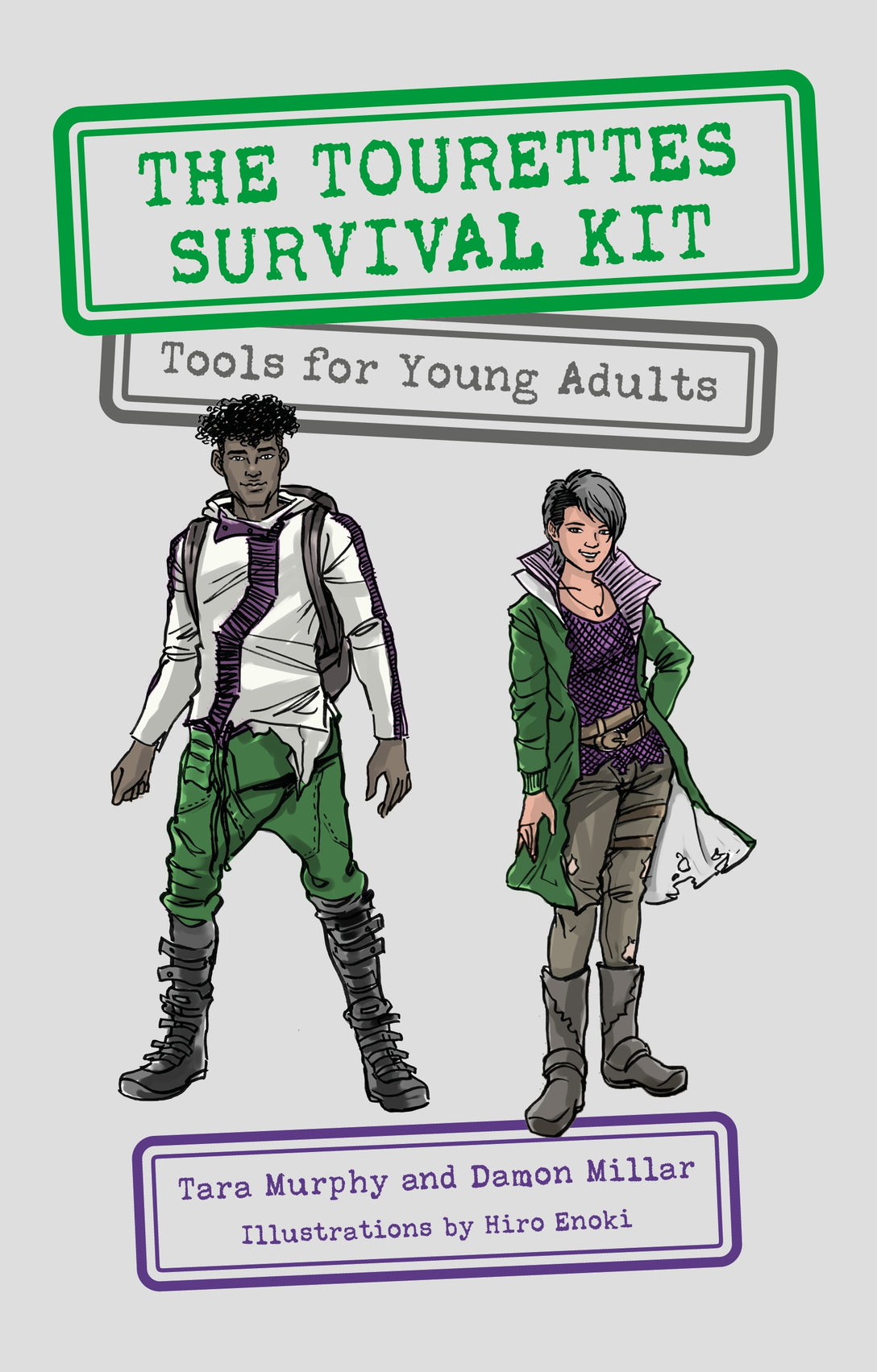
Press Reviews
Dr Andreas Hartman, Chair of the European society for the study of Tourette syndrome
Wow! This is a cool, hands-on guide on how to deal with day-to-day situations people with tics dread. And we, health professionals, often dread being asked what to do! But fear not: The Tourette Survival Kit has all the answers, in a clear, no-nonsense and humorous way. A highly recommended, and very enjoyable read.
Dr Seonaid Anderson, research manager Tourettes Action
I love the positive messages from this book, empowering people to feel that they are more than their tics. It sheds light on Tourette Syndrome itself in way that is very accessible to young people. It's great to have advice and tips for managing tics and other co-occurring conditions written by therapists and the young people and adults with Tourette Syndrome themselves.
Professor Eileen Joyce, UCL Queen Square Institute of Neurology
This book provides a comprehensive account of the daily challenges faced by people who have Tourette's syndrome. The authors are mostly people who have tics themselves and, because of their lived experience, give real and expert advice. It's snappy, easy-to-digest style and question-and-answer format means readers can dip in and out to access their specific question.
Dr Maria Hadji-Michael, Clinical Psychologist, Great Ormond Street Hospital
Outstanding! The Tourette Survival Kit provides practical, incisive and comprehensive descriptions of the range of practical day - to -day issues faced by many people with TS and suggests potential solutions from multiple perspectives. It's format is fun, friendly and easy to read, supporting both young people with tips on how to manage tics in tricky situations, but also provides therapists with the answers to some of the most challenging questions they are often faced with. This book is highly recommended to both young people and therapists alike!-Dr Maria Hadji-Michael, Clinical Psychologist, Great Ormond Street Hospital
- The Lancet
'An accessible, patient-centred book-helping to fill this gap in the literature and meeting the needs of young adults with Tourette's syndrome.'
